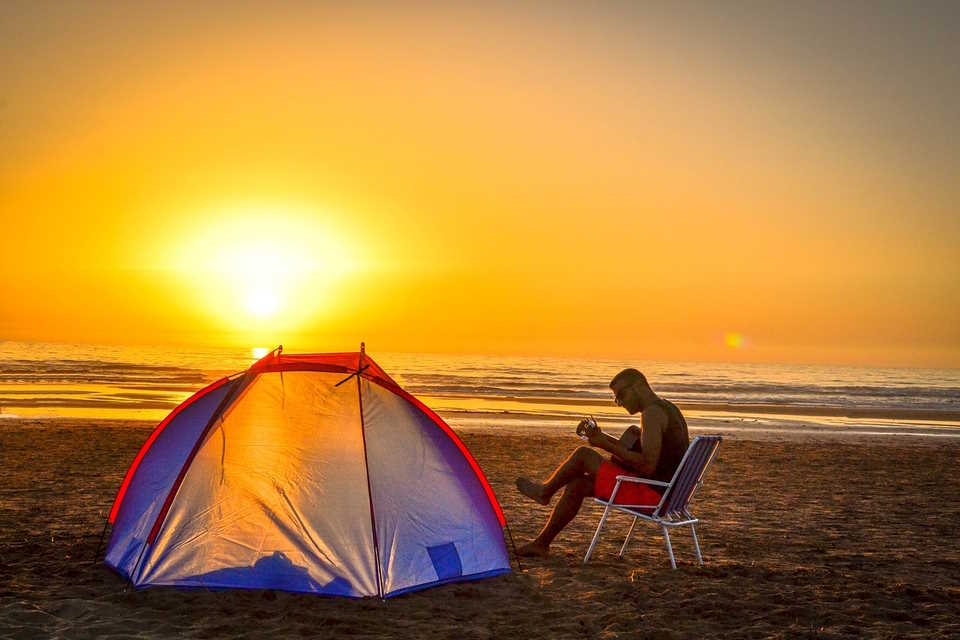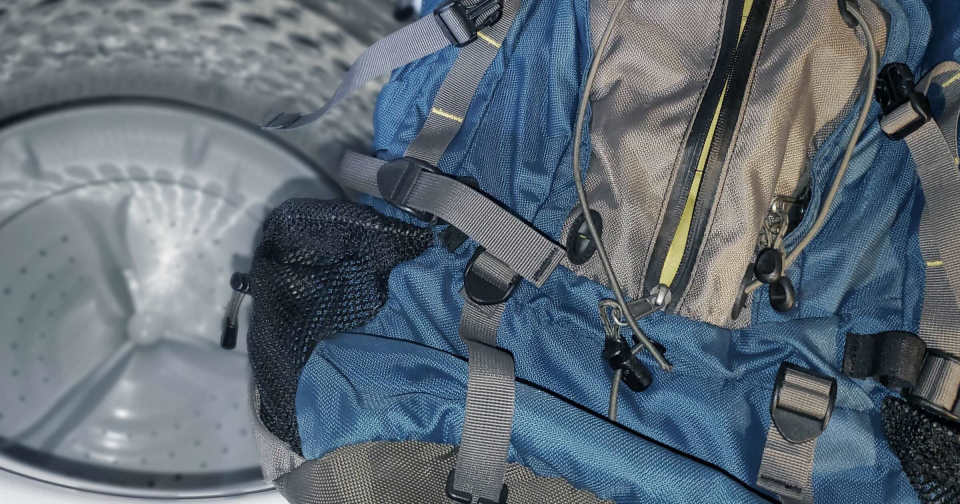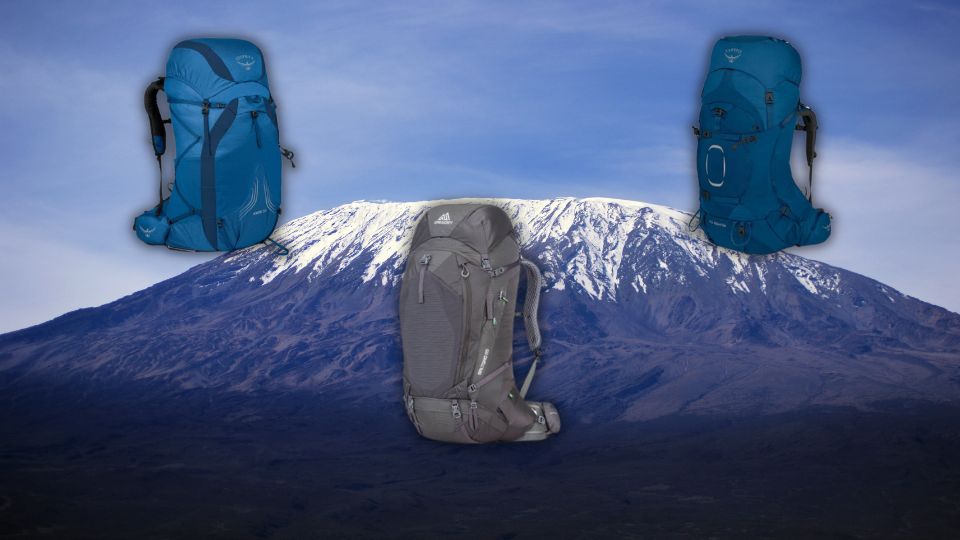Camping is a great way to disconnect from the hustle and bustle of city life and reconnect with nature. But, like any outdoor activity, there are risks involved. Many people wonder if camping is safe, especially if they are new to it. We will discuss the risks associated with camping, how you can stay safe while camping, how safe a camping tent is, whether it is okay to go camping alone, the best age for camping, and whether you can sleep while camping. Whether you are an experienced camper or a beginner, we will provide you with valuable insights to ensure your safety and enjoyment while camping. So, let’s get started!
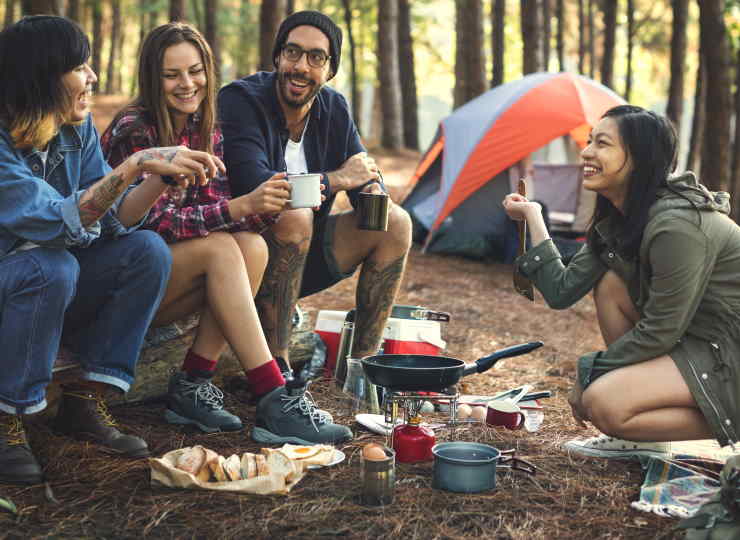
Introduction
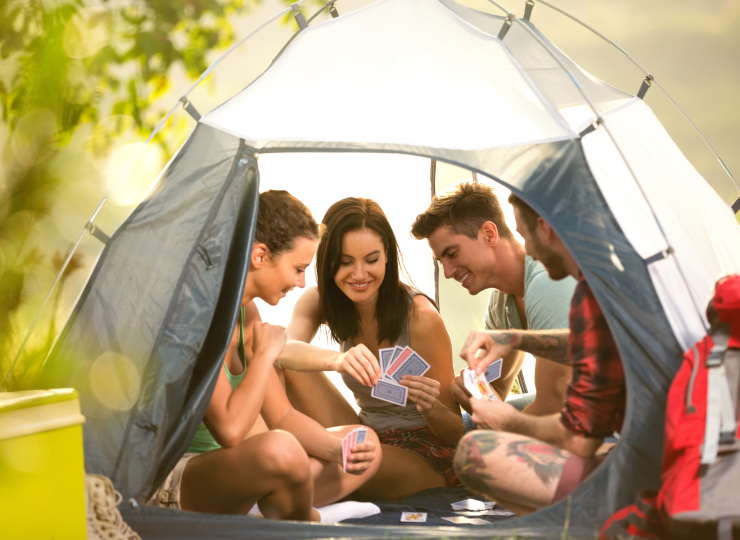
When it comes to camping, many people wonder about its safety. Camping can be a fun and exciting activity, but it is important to take precautions to ensure that you and your loved ones are safe during your outdoor adventure.
First and foremost, it is important to properly prepare for your camping trip. This includes checking the weather forecast and packing appropriate gear such as warm clothing, raincoats, and sturdy hiking shoes. It is also important to bring enough food and water for your trip and to properly store any food to prevent attracting animals.

Another important aspect of camping safety is setting up your campsite in a safe and responsible manner. This includes choosing a flat and dry area for your tent, keeping a safe distance from any bodies of water, and properly storing any flammable materials. It is also important to be cautious of any potential hazards such as poisonous plants or wildlife.
- Always keep a first aid kit handy.
- Be mindful of campfire safety rules.
- Don’t leave any trash or litter around your campsite.
- Follow all park or campsite regulations.
When it comes to camping, there are risks associated with any outdoor activity. However, with proper preparation and caution, camping can be a safe and enjoyable experience for all. Remember to always prioritize safety first and to have fun exploring the great outdoors!
What Is the Risk of Camping?
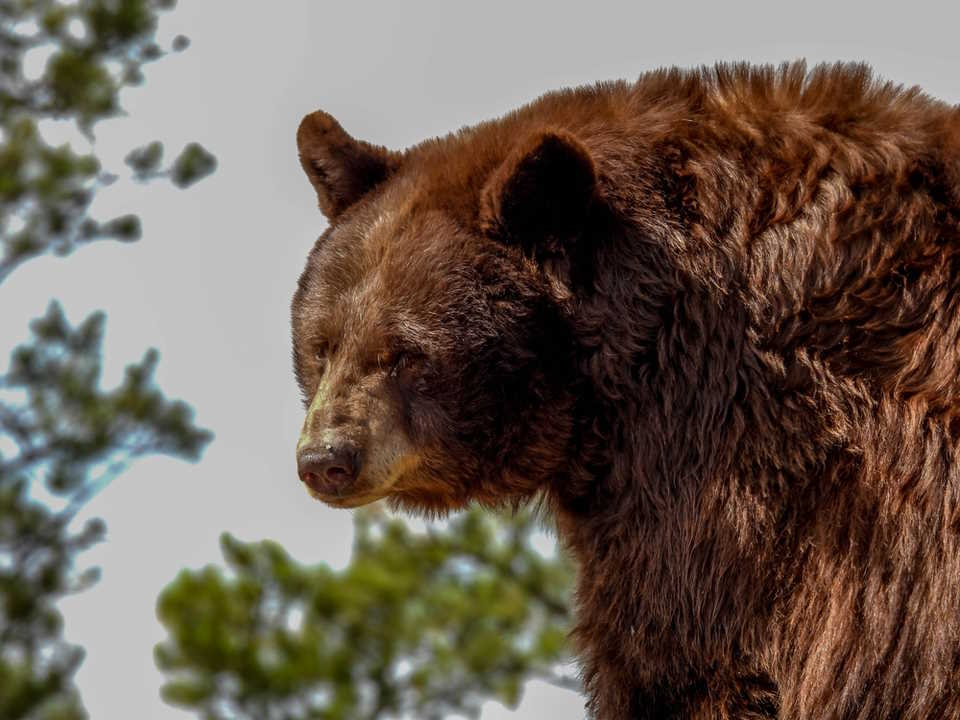
Camping is an adventurous activity that you can enjoy with family and friends. It is a way to spend quality time with loved ones and a chance to enjoy the beauty of nature. However, camping also has its risks. Understanding these risks and taking the necessary precautions can help ensure a safe and enjoyable camping experience.
Wild Animals: One of the risks of camping is encountering wild animals such as bears, coyotes, and snakes. It is important to research the wildlife in the area before camping and to take precautions such as keeping food stored properly, making noise to alert animals of your presence, and carrying bear spray or other repellents. Keeping a clean campsite can also help prevent attracting unwanted wildlife.
Injuries: Injuries can also occur while camping due to accidents such as falls, cuts, and burns. Proper safety equipment such as sturdy footwear and first aid kits can help prevent and treat injuries. Taking safety courses before camping, such as wilderness first aid, can also help prepare for emergencies.
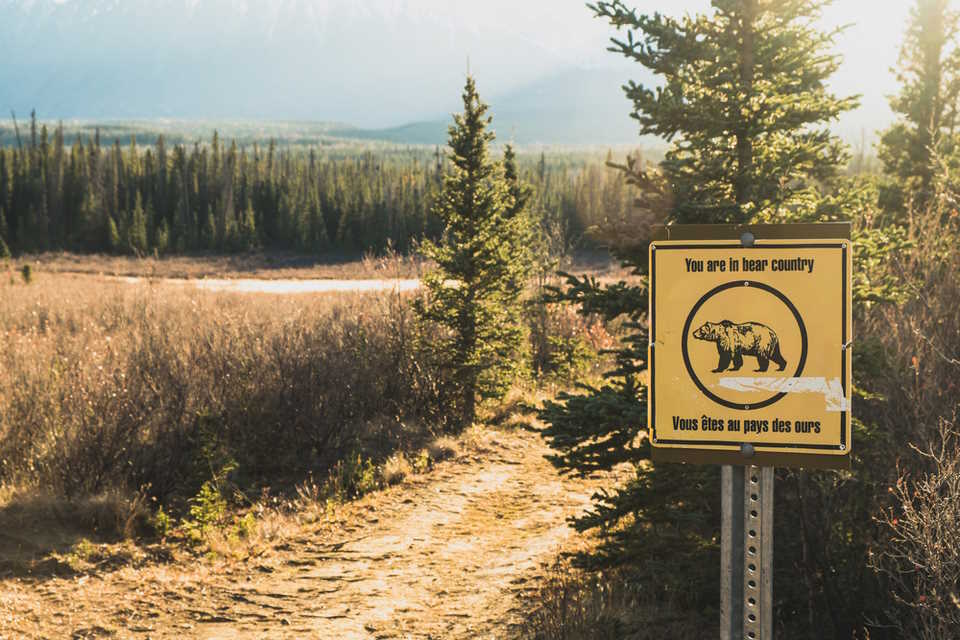
Other risks of camping include:
- Weather-related incidents such as lightning strikes or flash floods
- Getting lost or disoriented while hiking
- Insect bites or stings
- Explosions from campfires or stoves
While there are risks associated with camping, the benefits of spending time in nature can outweigh them. By being prepared and taking necessary precautions, you can enjoy a safe and memorable camping experience.
How Do You Stay Safe When Camping?

Camping can be a great way to escape reality and experience the outdoors. However, it is important to prioritize safety during your camping trips. By following a few basic tips, you can make sure that your camping experience is safe and enjoyable.
Tip 1: Always prepare for the weather. Research the climate of the area you’ll be camping in and make sure to pack appropriate clothing and gear. Bring extra layers in case the temperature drops at night or unexpected rain occurs.
- Include a waterproof raincoat and rainfly for your tent.
- Bring sunscreen and protective hats for sunny weather.
- Carry extra blankets if you’ll be camping in cooler temperatures.

Tip 2: Choose a campsite carefully. It’s essential to choose a campsite that’s safe and secure.
Here are some criteria to consider when choosing a campsite:
| Criterion | Explanation |
| Level ground | Choose a site that’s flat and even to avoid injuries. |
| Location | Choose an area that is distant from hazards like rivers prone to flash flooding, cliffs, and wildlife habitats. |
| Access to water and toilets | Consider choosing a site with easy access to drinking water and available toilets to avoid contamination. |
| Privacy | Choose a site that is away from high traffic areas to avoid any disturbances. |
Tip 3: Make a camping checklist. Before embarking on your camping journey, ensure that you’re prepared for every situation. A camping checklist can come in handy as it helps ensure that you don’t forget anything important.
Here some things that should feature on your camping checklist:
- Tent and accessories such as guylines, stakes, and footprint.
- Sleeping bag and sleeping pad.
- Cooking equipment and utensils.
- Fire start tools like a lighter or matchbox.
- A first aid kit that includes insect repellent, alcohol-based hand sanitizer, and sunscreen.
How Safe Is a Camping Tent?

Camping is a popular leisure activity that allows people to reconnect with nature and enjoy the great outdoors. It can be a fun and memorable experience for all ages, but safety should always be a top priority when camping. Among the many things you need to consider when camping, the safety of your camping tent is an essential aspect that cannot be overlooked.
Camping tents come in a variety of shapes and sizes to accommodate different camping needs, but their primary function is to provide shelter from the elements. When selecting a tent, you need to consider a few safety aspects. Consider the terrain you will be camping on when selecting a tent. You need to make sure that the tent structure is sturdy, durable, and can withstand the weather conditions in your camping location.

One of the most significant safety concerns with camping tents is the risk of fire. Most tents come with a fire-resistant label, and for good reason. While cooking or using a campfire, you need to ensure that the flame or ember does not come into contact with the tent fabric. Additionally, you should avoid using any type of heating source inside the tent, including candles or propane heaters.
When selecting a tent, you need to consider the following safety tips:
- Pick a tent that suits your camping location and weather conditions
- Make sure that the tent is made with fire-resistant material
- Set up your tent on level ground and use tent stakes to anchor it properly
Camping is a fantastic way to enjoy the outdoors, but safety should always be a top priority. Remember to choose a camping tent that is suitable for your needs, and take the necessary precautions to prevent accidents and hazards while camping.
Is It Ok to Go Camping Alone?

Going camping is a great idea for anyone who loves to explore the great outdoors. For some people, the idea of going camping alone might seem scary, while for others, it may seem like an adventure. There are different risks associated with camping alone, but that doesn’t mean it’s not okay to go camping alone. In fact, it can be a great way to connect with yourself and nature.
While camping alone can be an enjoyable experience, it’s important to take necessary precautions to ensure your safety. You should make sure that someone knows your itinerary and when to expect your return. This is crucial in case of an emergency. Carry a cell phone, first aid kit, and other essentials like water, food, and extra clothes. You should also be knowledgeable about the area where you are camping and have a map and compass with you at all times.
- Make a checklist of things to carry before you set out for camping.
- Choose a campsite that is not too remote, but far enough away from other campers to give you privacy and solitude.
- Set up your campsite during daylight hours so that you’re not fumbling around in the dark.
- Make sure that you have enough firewood and water to last you for the duration of your camping trip.
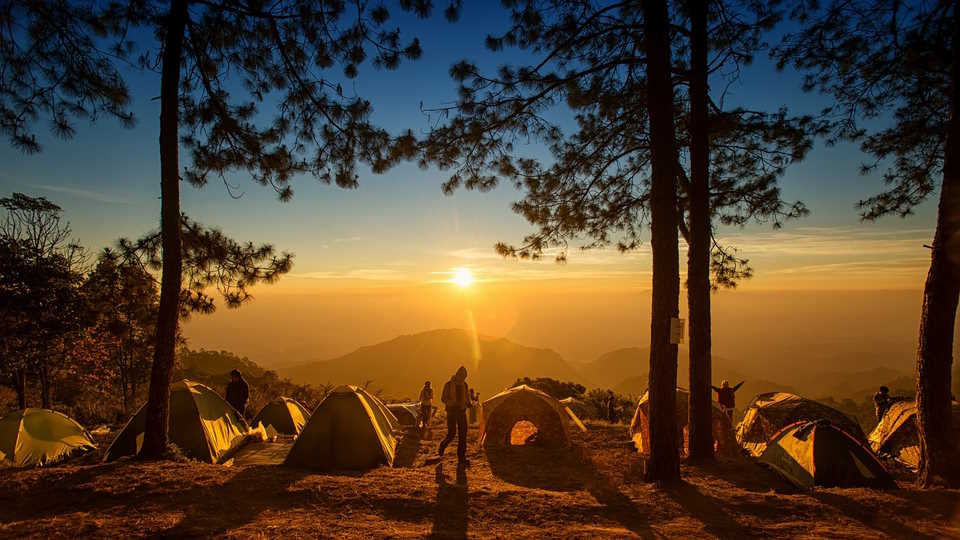
It’s important to trust your instincts and be aware of your surroundings. If you hear any strange noises or feel uneasy, it’s important to move to a safer location. You should always keep yourself prepared for unexpected situations that can arise while camping alone.
| Risk | Precaution |
|---|---|
| Getting lost | Carry a detailed map and compass, know the area well |
| Wildlife encounters | Know the behavior of the wildlife in the area, carry bear spray or any other necessary tools |
| Mental or emotional stress | Practice mindfulness and meditation, carry a book, or a journal to keep yourself entertained and relaxed |
What Is the Best Age for Camping?
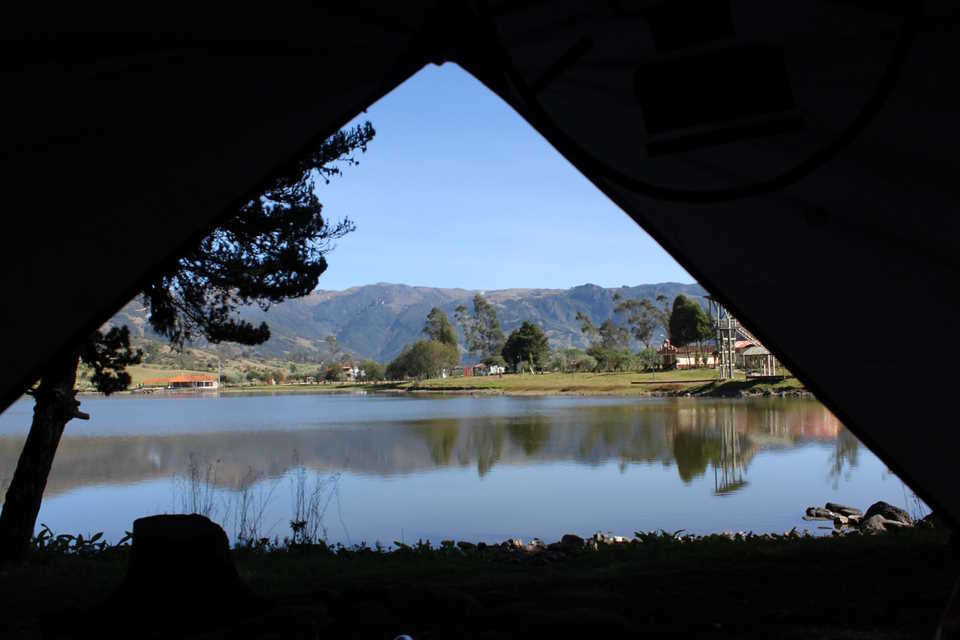
Are you a camping enthusiast but don’t know at what age you should start introducing your kids to the great outdoors? Or are you a parent who’s just waiting for the perfect timing to take your child camping? Camping is undoubtedly one of the best ways to bond with family and friends while enjoying nature. It’s a great way to escape the daily routine, breathe fresh air, and enjoy quality time with your loved ones. But at what age is it safe and ideal to start camping with children?
There’s no perfect answer to what’s the best age for camping. It mainly depends on the child’s physical ability and level of development. However, most experts agree that camping with kids can start as early as three years old. At this age, children usually have better control of their bodily functions, are more independent, and can follow simple instructions.
- When camping with toddlers, it’s best to go for short trips and stay close to home.
- Choose a campsite that’s near bathroom facilities and has plenty of activities for children.
- Bring plenty of snacks, water, warm clothing, and bedding.
- Make sure to choose a comfortable and safe camping tent that can accommodate the whole family.
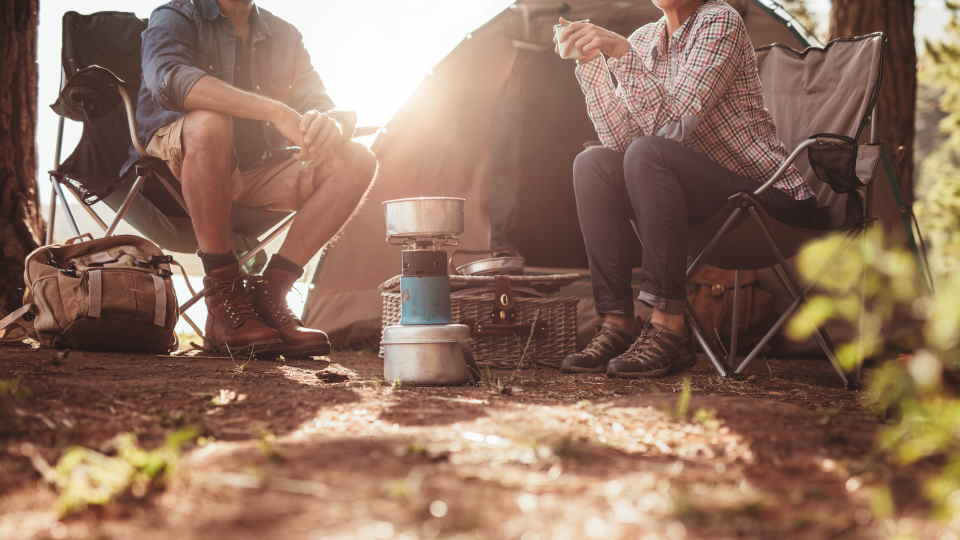
As your child grows older, you can gradually increase the duration, distance, and complexity of your camping trips. By the time your child is seven or eight years old, they may be ready for longer backpacking trips or overnight camping adventures.
But keep in mind that camping with children requires extra preparation, patience, and safety measures. Always make sure to choose a safe and age-appropriate campsite, pack all the necessary gear and supplies, teach your child basic camping skills, and supervise them at all times.
| Age Range | Ideal Camping Activities |
|---|---|
| 3-5 years old | Nature walks, campfire stories, marshmallow roasting, and stargazing |
| 6-8 years old | Hiking, fishing, swimming, and learning survival skills |
| 9-12 years old | Backpacking, canoeing, kayaking, and rock climbing |
Can You Sleep While Camping?

If you’re planning to go camping, one question that might be on your mind is: can you sleep well while camping? It’s a valid concern, as sleeping in a different environment can be challenging, especially if you’re used to the comfort of your own bed. However, with a few tips and tricks, you can ensure a good night’s rest while camping.
- Choose the right spot
The first step to a good night’s sleep while camping is to choose the right spot. Look for a flat and dry area that’s free of rocks, sticks, and other debris that can make it uncomfortable to sleep. Additionally, try to find a spot that’s away from noisy areas like the campfire, campsites with loud neighbors, or high-traffic areas like restrooms or water sources.
- Bring the right gear
Having the right gear is essential to a good night’s sleep while camping. Make sure you have a comfortable sleeping bag that’s appropriate for the weather conditions, a sleeping pad to cushion you from the ground, and a pillow or something soft to rest your head on. You might also want to pack earplugs or an eye mask if you’re a light sleeper, or if you’re camping in a bright or noisy area.

- Create a sleep-friendly environment
Finally, it’s essential to create a sleep-friendly environment while camping. This means paying attention to factors like temperature, lighting, and sound. If it’s cold outside, make sure you have enough layers to stay warm during the night. If it’s warm or humid, consider opening your tent vents or doors to allow adequate ventilation. Additionally, use a flashlight or headlamp with red light settings – this will help you navigate the campground without disrupting your night vision or disturbing other campers with bright lights.
By following these tips, you can ensure a peaceful and restful night’s sleep while camping. So go ahead, pack your bags, and hit the trails – it’s time for a camping adventure!

